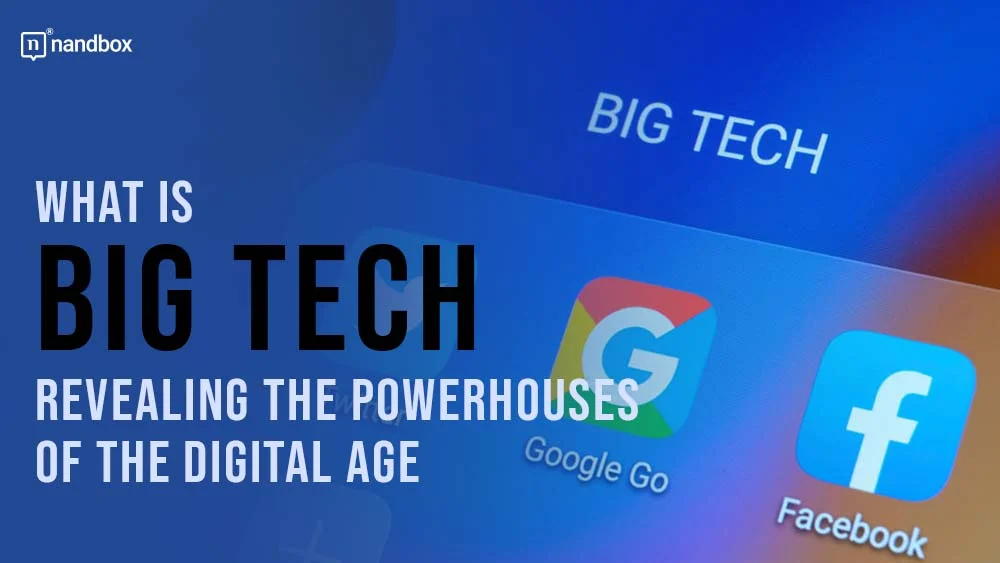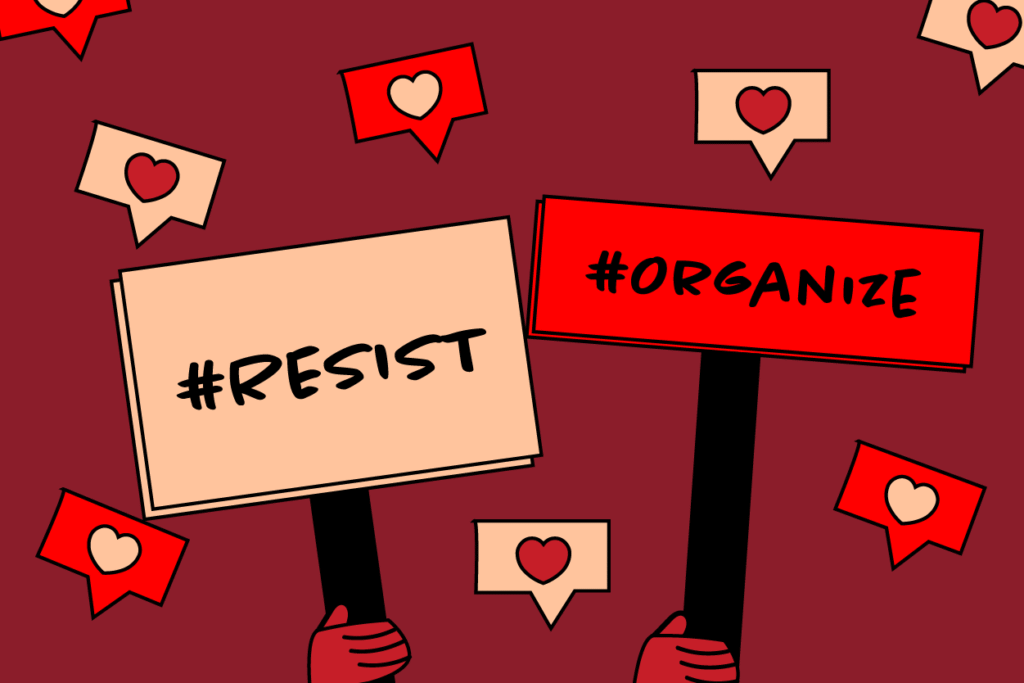Physical Address
304 North Cardinal St.
Dorchester Center, MA 02124
Physical Address
304 North Cardinal St.
Dorchester Center, MA 02124

Technology giants like Google, Facebook, Apple, Amazon, and Microsoft wield unprecedented influence over how we communicate, work, and engage with the world around us. With billions of users and trillions in market value, these companies have become major players in addressing and sometimes creating social challenges across the globe.
The relationship between Big Tech and social issues isn’t straightforward. These platforms can amplify marginalized voices and connect activists worldwide, yet they also face criticism for spreading misinformation and enabling harmful content. Understanding this dual nature helps us navigate the complicated landscape where technology meets social responsibility.
Social media platforms have transformed how social movements organize and spread their messages. The #MeToo movement gained global momentum through Twitter, allowing survivors to share their stories and connect with others. Similarly, Black Lives Matter activists used Facebook and Instagram to document protests, share resources, and build solidarity across communities.
These platforms provide previously marginalized groups with direct access to audiences without traditional gatekeepers like media outlets or political institutions. A single tweet can spark nationwide conversations, while livestreaming capabilities let people witness events in real-time, creating accountability for institutions.

Major tech companies have launched significant initiatives to address social problems. Google.org has donated over $1 billion to nonprofits focused on education, economic opportunity, and crisis response. Microsoft’s AI for Good program uses artificial intelligence to tackle challenges in healthcare, accessibility, and environmental conservation.
Apple’s accessibility features demonstrate how product design can address social needs. Voice Control allows people with mobility limitations to navigate devices using only their voice, while Sound Recognition helps deaf and hard-of-hearing users by identifying important sounds in their environment.
Perhaps the most complex social role Big Tech plays is in the development and deployment of Artificial Intelligence (AI). The vast datasets these companies control are the fuel for modern AI, creating immense potential for both good and harm.
The Bias and Ethics Quagmire: Conversely, AI systems have repeatedly been shown to perpetuate and even amplify societal biases. Facial recognition technology has demonstrated racial and gender bias, leading to wrongful arrests. Algorithmic tools used in hiring, lending, and policing can encode historical discrimination into automated systems. Big Tech is now at the forefront of a new field: AI ethics. They are tasked with creating fairer algorithms, but critics argue this is like asking a fox to guard the henhouse, calling for external, independent regulation instead.
Big Tech’s role in social issues will likely expand as digital technologies become even more integrated into daily life. The key lies in developing approaches that harness technology’s power for social good while minimizing potential harms.
This requires ongoing dialogue between all stakeholders companies, users, policymakers, and civil society organizations. We need transparent processes, robust accountability mechanisms, and a commitment to putting social impact alongside business objectives.
The future depends on whether we can create systems that amplify positive social change while preventing the misuse of these powerful platforms. Success will require both technological innovation and wisdom about how these tools shape human behavior and society.
As users and citizens, we also play a role in shaping how technology impacts social issues through our choices about which platforms to use, how we engage with content, and what standards we demand from the companies that increasingly influence our social fabric.
It’s not all about top-down control. Tech platforms have become essential tools for grassroots social movements.
Giving Voice to the Marginalized: Social media provides a megaphone for voices that traditional media often ignored. Activists, journalists, and citizens in oppressive regimes can share their stories with a global audience, fostering international solidarity and applying pressure on authoritarian governments.
Organizing and Awareness: The #BlackLivesMatter movement used Twitter to organize protests and share real-time information. Facebook events mobilize communities for causes. GoFundMe and other platforms enable direct fundraising for social justice initiatives and individuals in need. This democratization of organizing power is a undeniable positive outcome of these technologies.
AI for Social Good: Tech companies are applying AI to solve some of humanity’s biggest problems. Google’s AI is used to predict floods, Microsoft’s AI helps track endangered species, and IBM’s Watson has been applied to cancer research. These initiatives demonstrate technology’s potential to be a powerful force for good.

Big Tech wields profound influence over social issues spanning privacy, democracy, education, and climate. While platforms have fostered innovation, community, and global access, their unchecked dominance also poses severe risks.
The path forward isn’t about rejecting tech entirely it’s about ensuring it serves society. With balanced regulation, ethical accountability, and public vigilance, we can harness innovation without sacrificing human values.